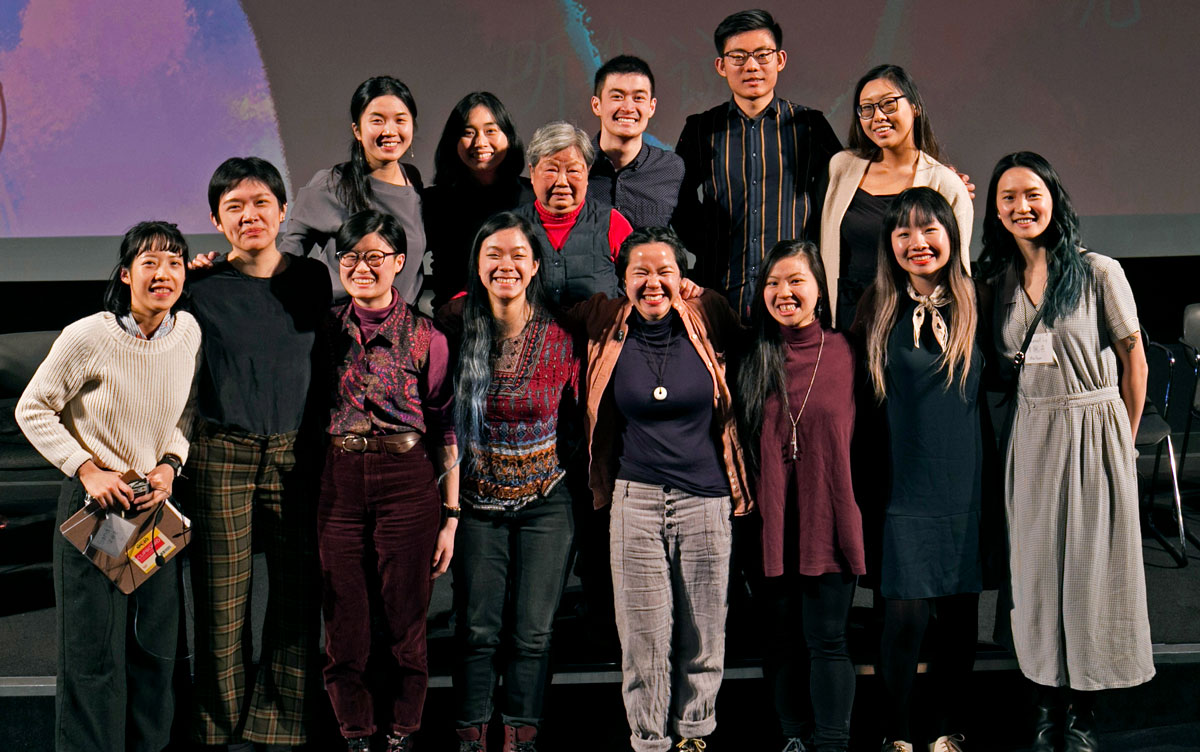Multimedia artist, writer and radio producer Rachel Lau was living in Hong Kong, when a Facebook message arriving from halfway across the world caught their attention.
“They said, ‘Do you wanna do something related to radio and storytelling and Chinatown?’” recalled Lau, “And I thought to myself oh my god, these are all the things I care about and don’t stop talking about, always. So yeah, I would love to do that.”
This “something” would later become the Speak My Language radio documentary series, coordinated by Lau and facilitated by the Yarrow Intergenerational Society for justice 世代同行會, an organization supporting youth and low-income immigrant seniors in Chinatown and the Downtown Eastside.
According to the page on Yarrow Society’s website, Speak My Language is “a storytelling media arts project for and by low-income Chinese 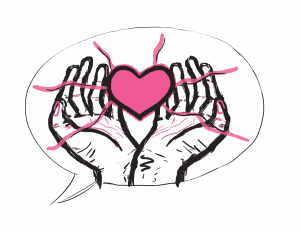 seniors to share their experiences of language and cultural barriers in accessing healthcare, while exploring individual and collective healing and envisioning a culturally accessible healthcare system.”
seniors to share their experiences of language and cultural barriers in accessing healthcare, while exploring individual and collective healing and envisioning a culturally accessible healthcare system.”
Having coincidentally been at the launch before the assignment of this article, I got to witness first hand the attention the project garnered. The event was busy with people from all sorts of demographics. There were your Kitsilano hipsters, old Asian grannies, local activists and journalists; councillor Jean Swanson was there, MP Jenny Kwan even spoke at the beginning of the event.
“I think ultimately that’s what we wanted to do, because this project is not only the radio documentaries themselves but they’re also part of a larger advocacy campaign that Yarrow wants to embark on and is aiming to embark on in 2020, […] so I’m glad it garnered that kind of attention,” said Lau, “And I think that we want a variety of people to be listening to these docs. When we were creating these we were thinking, ‘Who’s going to be listening to these and why should they care about this story?’ and so the people that came up on our list or we think would care or would listen to them are people with decision making power, people in health administration, are people who care about Chinatown and wanna learn more. And most importantly, I think it’s also for the seniors to hear themselves in these radio documentaries.”
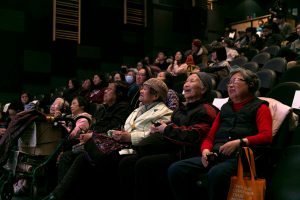
The love and support the radio docs have generated is well deserved. Speak My Language navigates areas and topics that require nuance and respect. There is a stigma relating to not speaking English perfectly, especially for POC, but the podcast handles it with ease. Lau attributes this to the nature of the work done at Yarrow Society. Language accessibility is already deeply embedded in services available there, and so the focus was instead on making the radio docs as accessible as possible.“If we’re going to talk about language access, then we’re going to have to walk the talk. We can’t talk about language access if we’re not
practicing ourselves” said Lau.
“We made the sessions as accessible as possible by having simultaneous interpretation in both Cantonese and Mandarin each time we had a training, each time we had a listening party, to get the feedback from the seniors. And also we brought on volunteers onto the project that had those language skills”.
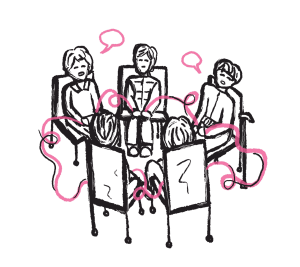 There was also a sign language interpreter and simultaneous interpretation headsets for non-English speakers at the launch that frazzled volunteers ran around passing out.
There was also a sign language interpreter and simultaneous interpretation headsets for non-English speakers at the launch that frazzled volunteers ran around passing out.
The end product was a radio documentary series with two versions of each episode. One for English speaking audiences and another, in the original language the interviews were conducted in.
“It was very intentional, the way we did the translations. We didn’t go for voice overs which is very commonly seen in English […] because not only are they hard to listen to and distracting, they are in my opinion disrespectful because you are talking over the person who doesn’t speak English and you make it so that their voice doesn’t matter. And so we thought of translation as not just moving one language to another but actually using it as an expressive tool, something that can communicate more, something that we can use strategically to shape and mould in order to communicate a message. So a lot of the translators made very intentional choices around translation. […]” explained Lau.
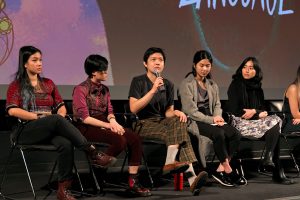
I noticed this immediately at the launch where certain medical details were omitted in the English translation to preserve dignity and respect to the seniors. To those who speak both languages, it becomes obvious that this project was done with so much attention and care. “What’s really beautiful that’s come of this engagement in this English and Chinese version of the radio documentaries is that you have a sliver of a moment […] when you have an English speaking person, especially if they only speak English, [and they] can get a sliver — a glimpse — of what it might be like for the Chinese seniors to not understand the language around them that they’re navigating through their daily life,” Lau pauses with the delighted air of sharing a secret, or the conspiratorial smile of a magician revealing a favourite trick, “So a lot of the documentaries start off cold with the senior’s voices and they just talk for like 30 seconds, a minute, 40 seconds and if you only speak English you don’t know what’s going on for that first bit, you just need to sit with that discomfort.” 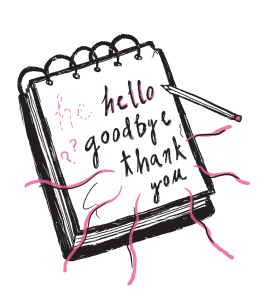
In a lot of ways both Speak My Language and Yarrow Society act as bridges, between different cultures and languages, between the youth and the seniors of our community; a dream born over the 10,245km distance between Hong Kong and Vancouver.
The full interview with Lau can be heard on the episode 4 of the Motherlands podcast: What Comes Next. Speak My Language will be airing at CiTR every Monday at 3PM until the 7th of September, with a bonus episode on the 14th. If you missed the start of the radio doc series, don’t worry! It will be re-airing at the same time starting on the 21st of September 🙂


